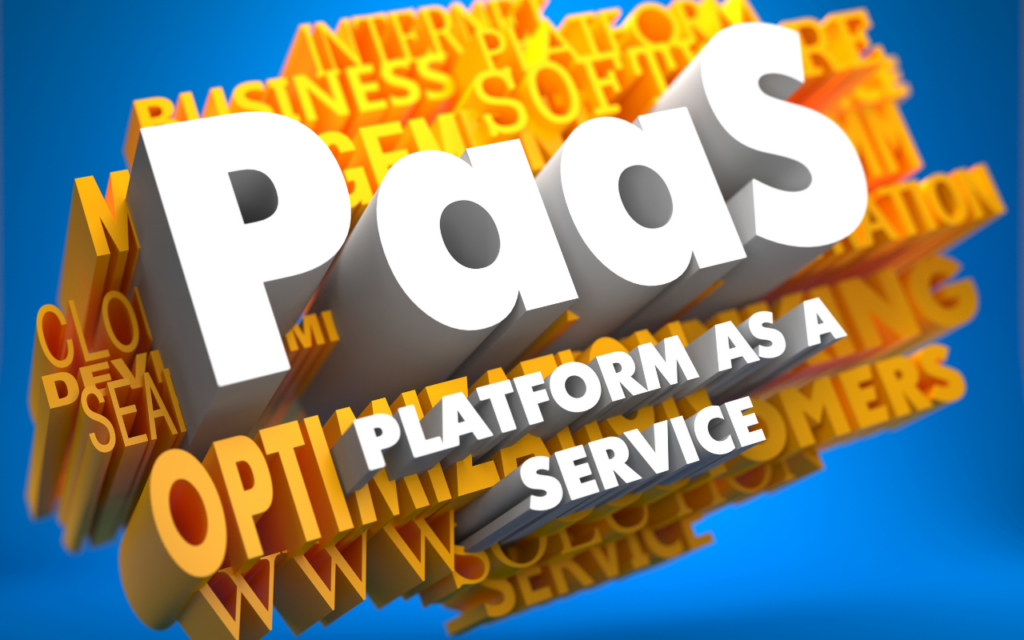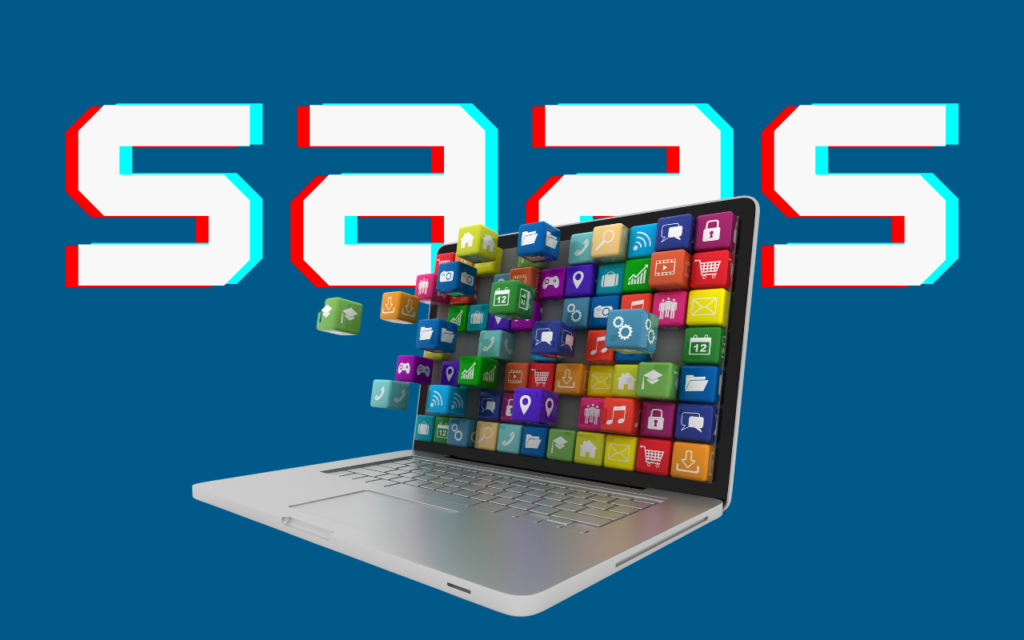Computers are a fundamental need of every individual and organisation for various tasks. Computing is the process of performing any task on a computer. However, your computer must have an in-built storage for this purpose.
With the emergence of the internet, offline storage became a limitation for large-scale processes. Therefore, another phenomenon became known as “Cloud Computing”. It led organisations of various sizes and industries to a next-level operation. The best thing about cloud computing’s emergence is the globalisation of businesses.
If you wonder about Cloud Computing and want to explore this subject in a simple context, this article is the perfect choice for you. From what to how and why of cloud computing, you will enjoy learning this concept in a precise manner.
Also read: AI Dungeon Controversy: What Is Happening and Why?
Cloud Computing – On-Demand Computing Services
As the name suggests, cloud computing uses computer services within the cloud. Cloud is an inspired term here, which illustrates the internet. Simply put, when you access computer-related or IT resources online, it is cloud computing. Watching a movie online or downloading it on your computer, cloud computing covers you!
The best thing about cloud computing is that it is an elastic service. As computer services depend on the size and type of organisation or business, having physical computer storage, hardware, and software can be a daunting and pricey task. Therefore, cloud computing enables you to use internet services for your organisation within the specific needs of your business.
Different users benefit from the use of cloud computing. Even if you read this blog post, you are using cloud computing. There are various types of cloud computing, leading to its use in many ways. Companies may use it for data backup, email marketing, data analytics, etc. Whether a software developer, a financial organisation, a healthcare enterprise, or an individual, cloud computing serves everyone.
Cloud Computing Types
Cloud Computing has three main kinds based on its use and agility. They go as follows:
1. IaaS

Infrastructure-as-a-Service is the core foundation for cloud IT. Think of IaaS as a large online warehouse for your company production where you can virtually store and access your business operations. Amazon Web Services (AWS), Microsoft Azure, etc., are examples of IaaS providers.
2. PaaS

Platform-as-a-Service is another kind of cloud computing. It acts like an auto-operating garage for your software and application. When you develop successful software, you must go through many hectic processes, including capacity planning, patching, etc. PaaS facilitates you with the management of these tasks. Google App Engine, Adobe Commerce, and many others come under the shadow of PaaS.
3. SaaS

Software-as-a-Service is a ready-made web service that you can use online. You may use the software for free or pay for its use, but it will save you from downloading and installing it to your physical computer storage. Technically, SaaS is the end-user application. Examples of SaaS are Google Apps, Microsoft 365, etc.
Cloud Computing Deployment Models
Be it any type of cloud computing service, it uses a deployment model. The deployment model is cloud or the internet. Clouds also have three kinds based on their accessibility.
1. Private Cloud
As the name indicates, a private cloud can access a single user or organisation. It is an internet infrastructure with better security and convenience on a private network. An example of a private cloud technology is OpenStack.
2. Public Cloud
Unlike a private cloud service, a public cloud server is open for everyone for a specific payment. A third-party Cloud Service Provider (CSP) offers limited virtual storage to save your data. Google Cloud Platform is the perfect example of Public CSP.
3. Hybrid Cloud
A cloud service that combines features of both private and public clouds. It leads to a powerful processing technology enabling the organisation to run complex operations online. The objective is an automated and scalable platform with the functionalities of private and public clouds. Azure Stack is a hybrid cloud that blends both clouds.
Benefits of Cloud Computing
Cloud computing is a lucrative technology that comes with a price, but it’s worth it. This service can come in handy for individuals and organisations of various sizes and kinds.
1. Flexibility
Software development or other computing services may consume your time and resources to a greater extent. On the other hand, cloud computing provides you accessibility to extensive resources on the go. Plus, you store your data on the internet that you can edit or work on wherever you go.
Furthermore, cloud computing is a fast and reliable technology. It enables you to revive your imagination with lively technology in real time. When you have the playground to practise and experiment with your ideas, you come up with a robust product.
2. Elasticity and Global Deployment
Cloud computing is a scalable technology for software developers. Since your cloud computing infrastructure has accessibility to all parts of the world, you can deploy your product to multiple geographical regions on the go.
Moreover, cloud computing provides you with the elasticity of resource provision. This way, you don’t have to give extensive data for your business operations. Instead, you provide enough data that will come in handy for future product activities.
3. Cost-Effective Technology
Since the origin of cloud computing services, software development and other computing services have become easier and more economical. You will spend money on the on-demand services for your work. Consequently, you save yourself from buying large-scale hardware and software for your business activity.
Frequently Asked Questions
How Good Is Cloud Computing for Business?
Cloud computing acts as a one-stop shop solution for businesses. The use of which type of cloud computing depends on the business model. However, it can help its users scale their business activities conveniently and easily. From security to storage, cloud computing offers many benefits to businesses.
Is There an Example of Cloud Computing?
Cloud computing is everywhere today due to the rise of internet use. You will witness cloud computing applications from day to night in different forms. From listening to music on Spotify to watching a movie on Netflix and shopping online on Amazon, these are examples of cloud computing.
Is Cloud Computing Safe?
Generally, cloud computing does not count for more secure services, especially with public clouds. However, certain measures can ensure top-notch online data security, like two-factor authorisation, data encryptions, and cybersecurity techniques.





